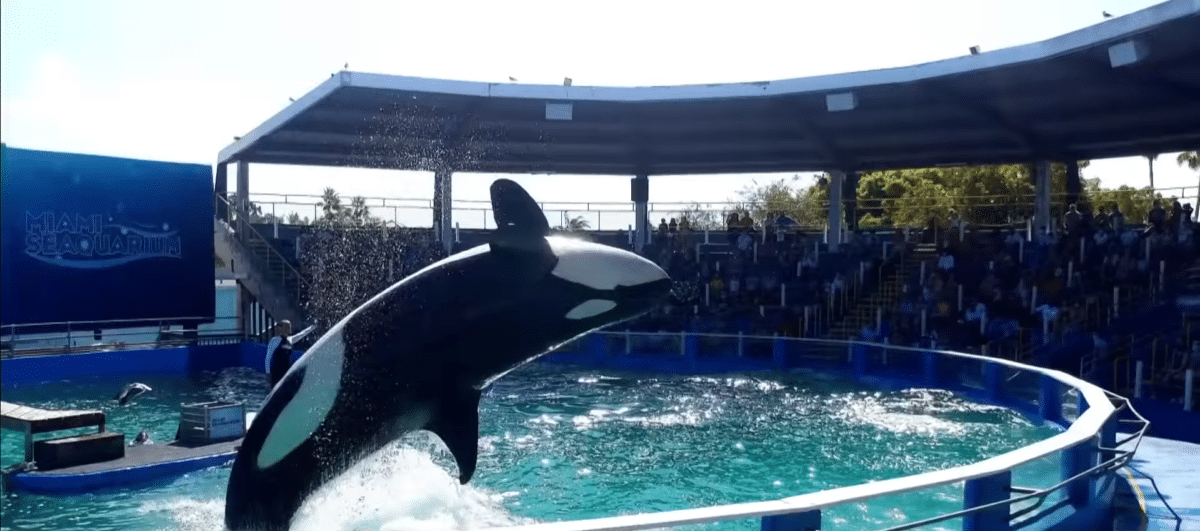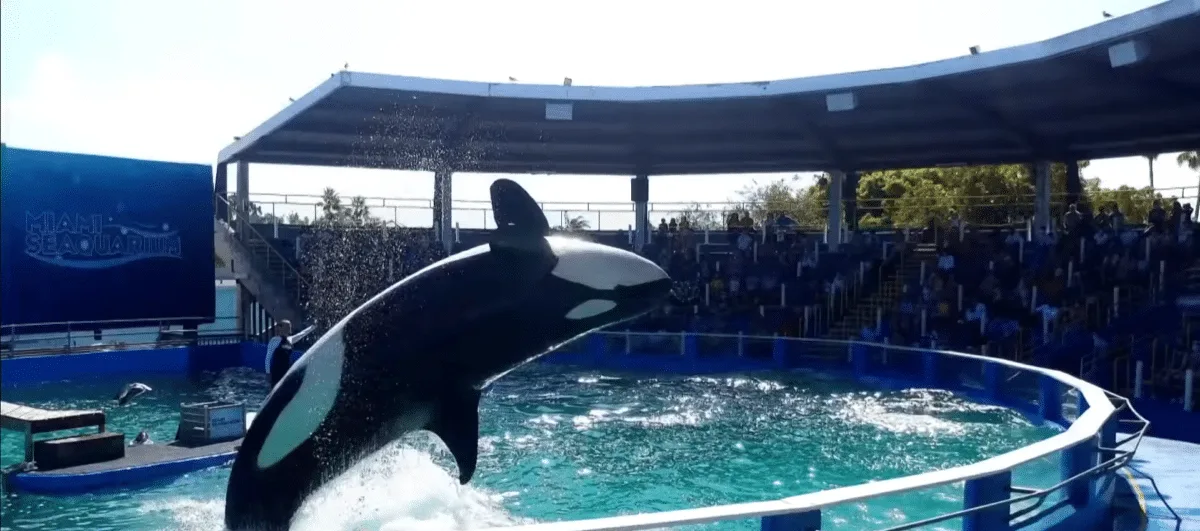Join the heartwarming journey of Toki the Orca as she overcomes adversity, captured at a young age and enduring hardships in captivity. Advocates’ efforts lead to her remarkable recovery, offering hope for her successful return to the Pacific Northwest’s nurturing waters. Witness Toki’s inspiring story, a testament to orcas’ intelligence and the call for compassion and conservation to safeguard marine habitats.

Key Points on Orca Almost Released After 50 Years In Captivity
| 1. Toki the Orca, captured at a young age, endured “horrible” conditions in captivity, but her story transformed as advocates fought for her return to the Pacific Northwest. |
| 2. Benefactors outside the industry improved Toki’s living conditions, leading to her remarkable recovery and excellent health under the care of five veterinarians. |
| 3. Despite spending years in captivity, Toki is expected to remember vital survival skills, making her hopeful return to the wild a testament to orcas’ intelligence and adaptability. |
| 4. Toki’s journey back to her natural habitat is met with anticipation, although the exact release date remains uncertain, awaiting preparations for her successful rehabilitation. |
| 5. Toki’s triumphant tale emphasizes the significance of preserving marine habitats and coexisting harmoniously with marine giants, inspiring compassion and advocacy for orcas everywhere. |
Want to jump ahead? Click below
Introduction
From the murky waters of captivity to the vast embrace of the Pacific Northwest, Toki the Orca’s triumphant story of hope and resilience is a victory celebrated by animal rights activists and Indigenous leaders alike. After more than five decades of life in captivity, Toki is preparing for her grand return to the wild, where she belongs.
A Long-Awaited Homecoming: Toki’s Captivity and Struggle
Toki’s life began in the waters off the Pacific Northwest of America, where she was captured at the tender age of four or five. She endured “horrible” living conditions, with unclean water and rotten fish for sustenance, causing immense concern for her well-being.
Interesting Fact: Orcas, also known as killer whales, are highly intelligent and social creatures known for their strong family bonds and intricate communication.
The Fight for Freedom: Advocates and Improvements
For years, dedicated animal rights activists and Indigenous leaders fought tirelessly for Toki’s release, advocating for her return to the waters where she was taken. Their efforts bore fruit when benefactors outside the industry stepped in, significantly improving Toki’s living conditions.
A Remarkable Recovery: Toki’s Journey to Health
In response to the improved conditions, Toki displayed remarkable resilience and a strong will to live. With the support of five veterinarians, she regained her health, with her blood work, behavior, and appetite showing excellent results.
Interesting Fact: Orcas are highly adaptable marine mammals. Secondly, they are capable of navigating vast ocean territories and forming distinct dialects within their pods.
The Power of Memory: A Hopeful Return to the Wild
Having spent her early years in the wild, Toki is expected to remember crucial survival skills, including catching fish and communicating with her family. While her release date remains uncertain due to permitting processes, she is anticipated to return to her natural habitat in the Pacific Northwest soon.
Preparing for Freedom: The Road Ahead
Before Toki can embark on her journey home, extensive preparation is required. The rehabilitation team will ensure she adapts to the wild environment, potentially providing her with live fish to rekindle her hunting instincts.
Interesting Fact: Orcas are known for their complex communication, using echolocation and distinct calls to convey information to their pod members.
FAQs on Orca Almost Released After 50 Years In Captivity
The legality of keeping a captive orca varies from country to country. Some countries permit the captivity of orcas under specific regulations. While others have banned or restricted the practice, particularly for entertainment purposes.
Yes, there is a significant difference in the lifespan of wild and captive orcas. Wild orcas can live up to 50-80 years or more. Additionally, captive orcas tend to have a shorter lifespan, an average of 15 to 30 years.
Approximately 60 orcas held in captivity in marine parks and aquariums.
Countries that have had captive orcas include the United States, Canada, Spain, France, Japan, and China, among others. However, the status of captive orcas may change over time due to evolving laws and regulations in different countries.
Wrapping Up with Orca Almost Released After 50 Years In Captivity
Toki’s triumphant story symbolizes the power of compassion and collective efforts to restore the freedom of marine creatures. As we eagerly await her return to the wild, her journey reminds us of the importance of preserving natural habitats. Lastly, fostering coexistence with these majestic beings.
Next up:
- Kayaker Bonds with Playful Orca in New Zealand
- Stranded Orca Rescue Attempt
- Rare Footage Of Humpback Whales Attempt To Disrupt A Killer Whale Hunt In Antarctica
- Bald Eagle Family Expand Their Nest In California - April 24, 2024
- Firefighter Saves Abandoned Kittens Found Cuddling In Hoses - April 24, 2024
- Dolphins Get High Playing Catch With A Pufferfish - April 24, 2024



